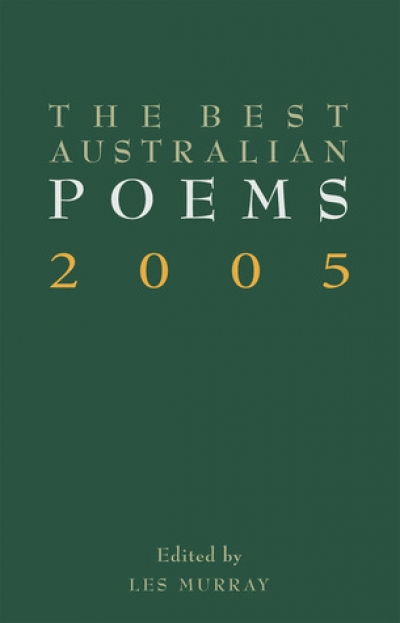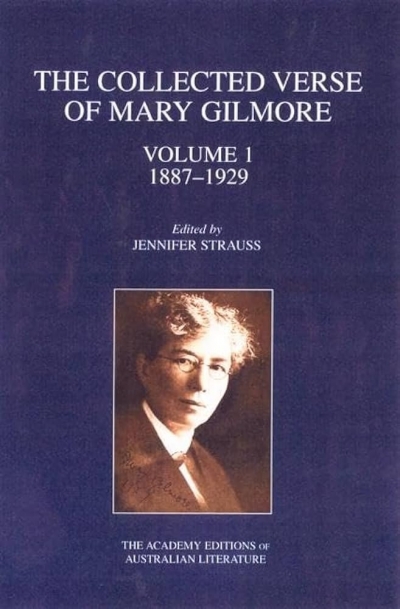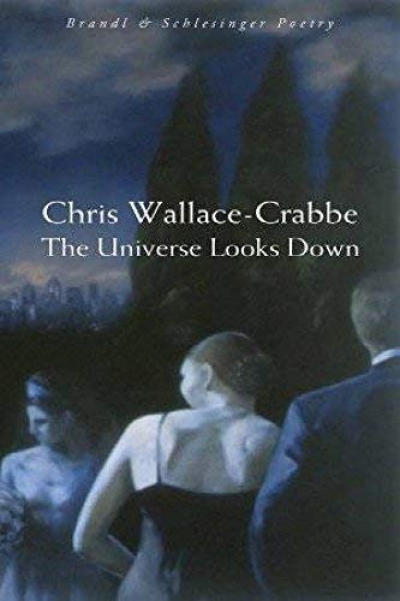Poems
The tough and rumble of the schoolyard
is always welcome relief from a room
papered with whispers, where every night
he must taste the salted honey of his pain
or else listen to the chorus of lies
that they hiss at one another in the dark.
Max remembers the first time they made love
when she arrived travel-dusty & sweaty
after complications
getting from Basrah to Baghdad. Much afterwards
while they were lying together very close
she’d told him of a pet she’d had, when small:
had given it its scientific name – Macropanesthia rhinoceros.
The Collected Verse Of Mary Gilmore: Volume 1 1887–1929 edited by Jennifer Strauss
The Universe Looks Down by Chris Wallace-Crabbe & Read It Again by Chris Wallace-Crabbe
Being from a young nation you find that dawn beguiles you
onto the exhausted saltmarsh,
miles of morose vacuity clad
in couch grass, cottonweed, random puddles, wire
and the odd, triumphant
flourish of pampas grass
featherily trying to tell dead factories,
Look here,
something fans, even at the far edge of Europe
where large gulls crowd and abruptly dip, although
the fish have all gone home to bed.
... (read more)
Well, it’s been waiting all these years, like a poem
asleep in the word-hoard, its prince to come,
kiss at the ready, and bloom it forth to the world:
or like a kouros, hauled with pain
from the gnarling waters, smiling gaze intact,
its maker long put out to sea:
or like that ‘orient and immortal wheat’ that waved
before Traherne, a child bereft,
and set him claiming Paradise again:
yes, it’s here for the restless heart –
The American Express Gold Card Dress – and all
may now be well at last.
... (read more)


